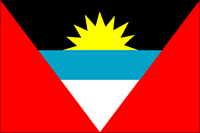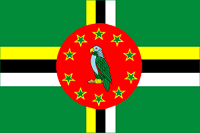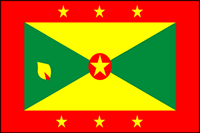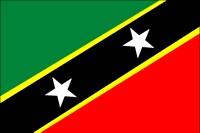Free Movement of Persons Regime in the Eastern Caribbean
The Free Movement of Persons Regime in the Eastern Caribbean is limited to the Eastern Caribbean Economic Union (ECEU) area. The ECEU was established on June 18th, 2010, through the signing of the Revised Treaty of Basseterre (RTB). It constitutes a single financial and economic space within which all factors of production including goods, services, capital, enterprises and people are able to move freely throughout the ECEU area which comprises seven (7) Protocol Member States:
![]() Antigua and Barbuda,
Antigua and Barbuda,![]() Commonwealth of Dominica,
Commonwealth of Dominica,![]() Grenada,
Grenada,![]() Montserrat,
Montserrat,![]() Saint Kitts and Nevis,
Saint Kitts and Nevis,![]() Saint Lucia,
Saint Lucia,![]() Saint Vincent and the Grenadines.
Saint Vincent and the Grenadines.
The key benefits of the free movement of persons in the ECEU include the following:
- Indefinite Stay: Citizens of Protocol Member States and their family members (spouse and dependents) can live in any Protocol Member State indefinitely receiving an indefinite stay stamp upon arrival at the immigration desks (OECS Free Movement Indefinite Stay Stamp)
- Hassle-free Travel: Citizens of Protocol Member States can travel within the ECEU with a valid government issued ID such as a driver’s license, national identification card and voter cards.
- Mutual Recognition of Driver’s License: Citizens of Protocol Member States can drive within any Protocol Member State using a valid driver’s license issued by their home country.
- No Work Permit: Citizens of Protocol Member States and their third-country spouse can work in any Protocol Member State without obtaining a work permit.
- Social Security: Citizens of Protocol Member States and their spouse are entitled to the portability of social security benefits.
- Contingent Rights: Citizens of Protocol Member States and their spouse and dependent(s) (including those of a third-country nationality) have equal access to numerous rights and freedoms with respect to employment, education, healthcare, and social protection within the host Protocol Member State when they move between Member States to reside and work. These benefits are fully expressed in the OECS Contingent Rights Policy.
Initiatives Advancing Free Movement of Persons Regime
The OECS Commission through the Regional Integration Unit (RIU) of the Division of Economic Affairs and Regional Integration (EARID) is currently implementing several initiatives to advance the Free Movement of Persons in the ECEU. Two of these initiatives include:
- Creating a Regime for the Portability of Short-term Social Security Benefits and,
- Full Implementation of the OECS Contingent Rights Policy
Additionally, the Regional Inegration Unit (RIU) is currently implementing two other supporting Initiatives that are committed to advancing the free movement of persons in the wider Eastern Caribbean:
- Mutual recognition of Digital IDs and authentication across borders
- Harmonised Border Management Systems and Procedure
- Investment in ICT at the borders through the installation of kiosk machines and implementation of Online Embarkation and Disembarkation forms
2 - OECS Contingent Rights Policy

The OECS Contingent Rights implementation initiative is advanced to bring effect to Article 12 of the Protocol of the Eastern Caribbean Economic Union. Article 12 highlights that
“Citizens of Protocol Member States shall enjoy in the ECEU area the right contingent to the right of freedom of movement that is agreed by the Protocol Member States.”
Goals:
The goal and purpose of the initiative are to bring into full effect a key element of the free movement of person regime within the ECEU as envisioned by enabling a hassle-free environment for OECS Citizens and their families to work and live. The specific. objectives of the project are as follows:
- Establishing formalities and guidelines for the proper treatment of OECS Citizens and their family members of third-country nationality at the port of entry
- Improving the environment for OECS Citizens to move freely with their families of third-country nationality within the Eastern Caribbean Economic Union.
- Improving the access of the spouse of an OECS Citizens who is of a third-country nationality to employment;
- Achieving equal access to OECS Citizens and their families to education, healthcare, social protection, and social safety net mechanisms.
The initiative has several components, i.e. the review of the implementation of the contingent rights policy, drafting and enactment of the OECS Contingent Rights Model Bill and development and implementation of a Public Advocacy Strategy. The public advocacy strategy will result in the following outcomes:
- Mapping of Stakeholders;
- Road map (including strategies, necessary tools and communication outputs to engage various stakeholders)
The successful implementation of the initiative will enhance the treatment of OECS Citizens and their families at the ports of entry. It will also enhance their experience in the host country as it addresses access to work, the right to education and healthcare, as well as other rights under social protection/social safety net mechanisms under similar terms as citizens of the host Protocol Member State.
The initiative is being implemented by the OECS Commission through the support of the Open Society Justice Initiative (OSJI) for the benefits of the citizens and their family members from the seven (7) Protocol Members States: Antigua and Barbuda, Commonwealth of Dominica, Grenada, Montserrat, Saint Kitts and Nevis, Saint Lucia and Saint Vincent and The Grenadines. In the implementation of Contingent Rights, the OECS Commission collaborates with several national agencies including Ministries/Departments for immigration, labour, education, healthcare, social protection, social security, and social protection/transformation.
Read the OECS Contingent Rights Policy.
3 - Mutual Recognition of Digital ID for Strengthening Cross-Border Movement of Persons and facilitating Ease of Doing Business

The OECS ID initiative builds on national efforts toward the strengthening of the national ID system and seeks to facilitate the ease of data sharing across countries within the OECS. The sharing of civil registration data, health status, driver’s license and other critical personal data and biometric information will be facilitated using an agreed system(s) for achieving authentication of digital credentials being presented at the borders or in the country for the conduct of business and other personal transactions.
The system being implemented will also support the following goals at the national level:
- Strengthening the foundational and functional “digital” identity systems
- Introduction and issuance of the unique identifiers at birth at the national and regional level
- Digitalization of the ID system for enhance sharing of data nationally and across borders in the OECS.
4. Creating a Single Domestic Space in the OECS

The creation of a Single Domestic Space (SDS) where citizens of the Protocol Member States and third-country nationals can travel and move with greater freedom within the OECS is being advanced through the following initiatives:
- Harmonisation of Border Management Systems and Procedures
- Streamlining border procedures through the introduction of Online ED Forms and Kiosk Machines
- Establishment of a Single Visa Regime
In addition to creating efficiencies at the borders, the SDS will also support the advancement of the multi-destination tourism initiative supported by the OECS Member States.
Resources
Access more resources on Free Movement in the Eastern Caribbean via the OECS Library.
Partners
The OECS Commission has been partnering with national agencies such as the ministries of national security, departments of customs and excise, diaspora units, labour departments and social security boards, national insurance schemes, and international agencies that support initiatives associated with this thematic area.
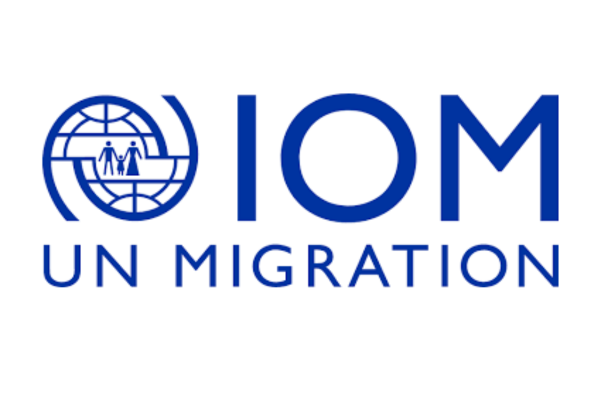
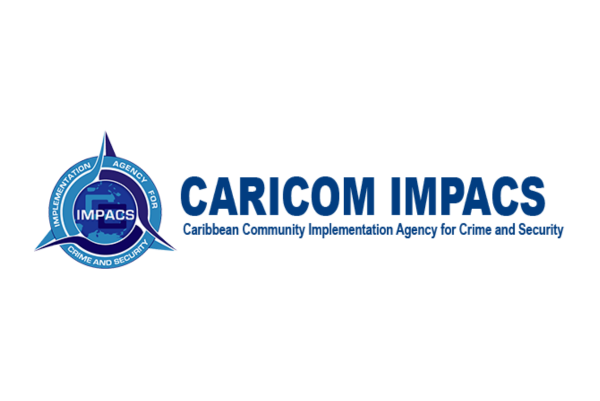
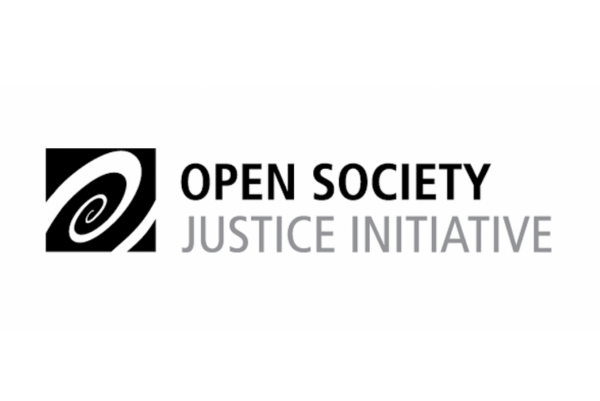
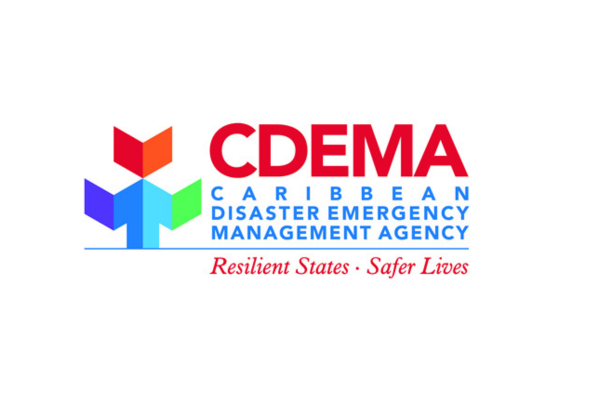

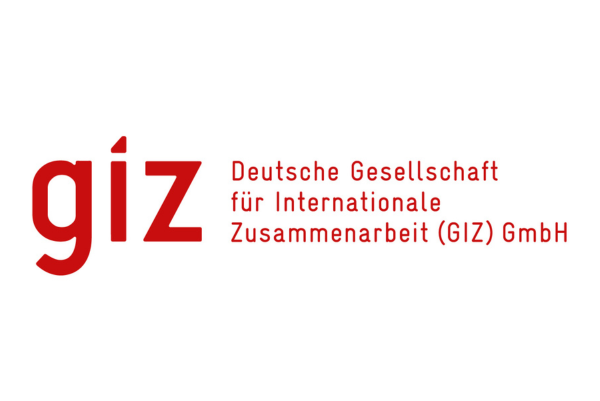
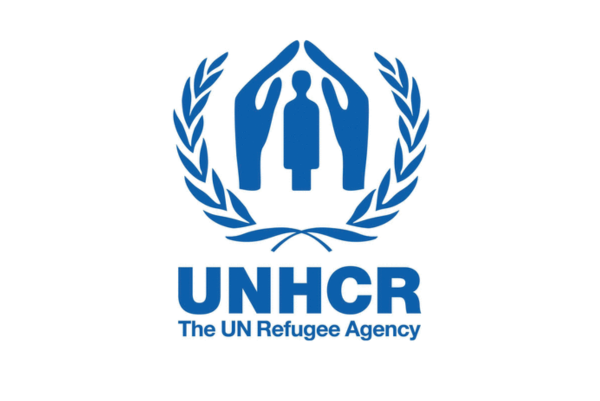
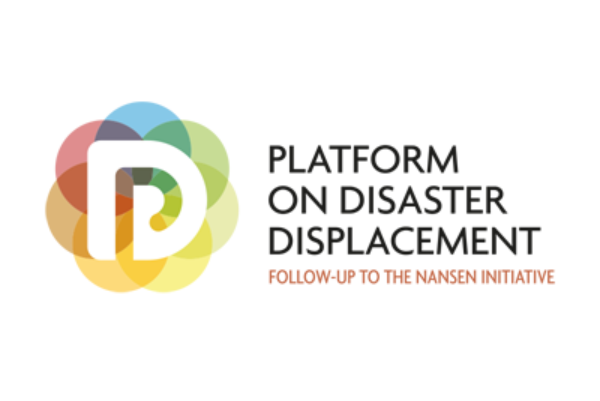
Contacts
Clarence Henry
Senior Technical Officer - Regional Integration
Tel: +1 (758) 455-6360
Shekeri Gravillis
Technical Specialist - Regional Integration
Tel: +1 (758) 455-6361
Natasha Augustin
Senior Administrative Assistant - Economic Affairs and Regional Integration Division
Tel: +1 (758) 455-6423
Learn More About Free Movement In The Eastern Caribbean
The OECS is working in close collaboration with all the Ministries of its Member States on all matters related to Freedom of Movement in the Eastern Caribbean.
